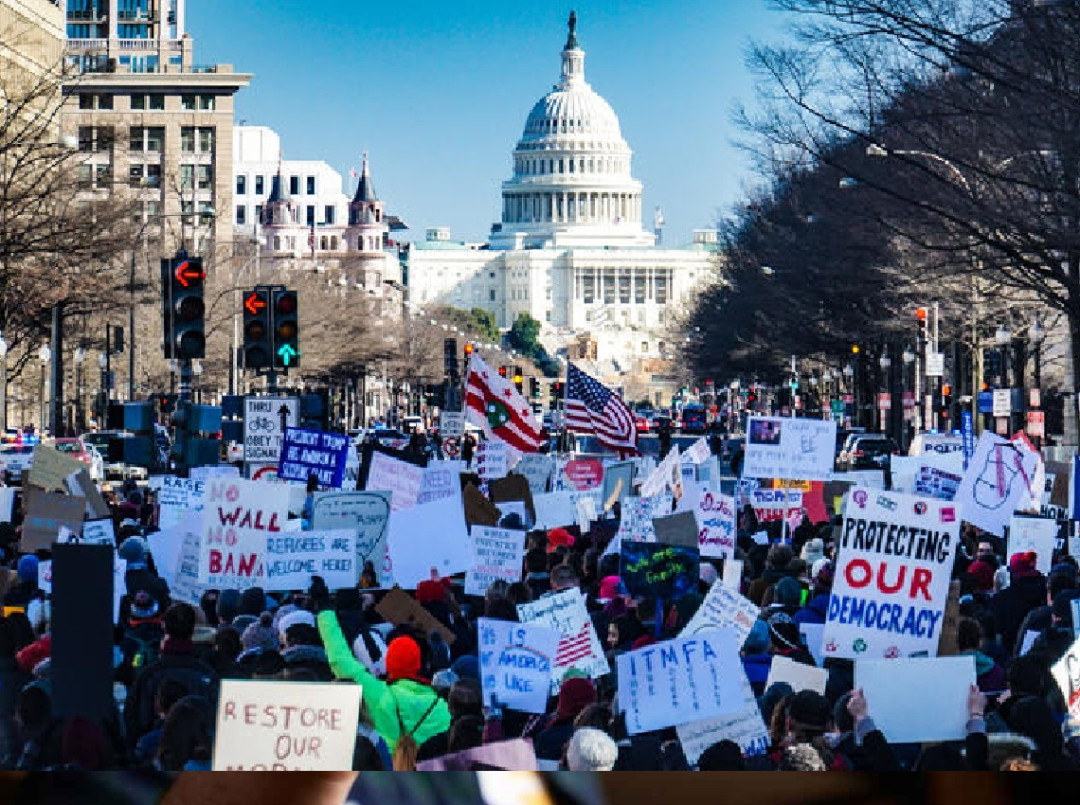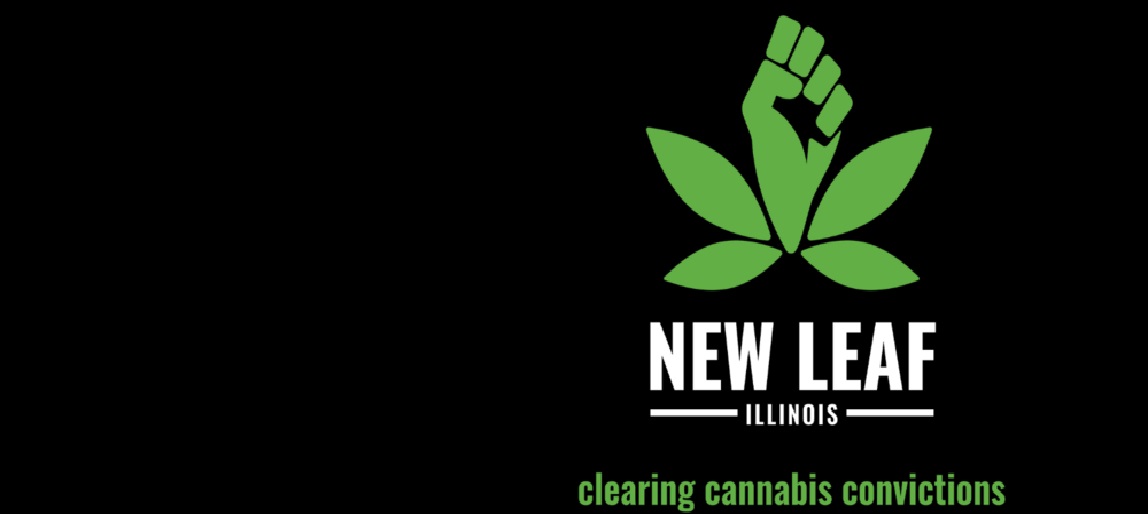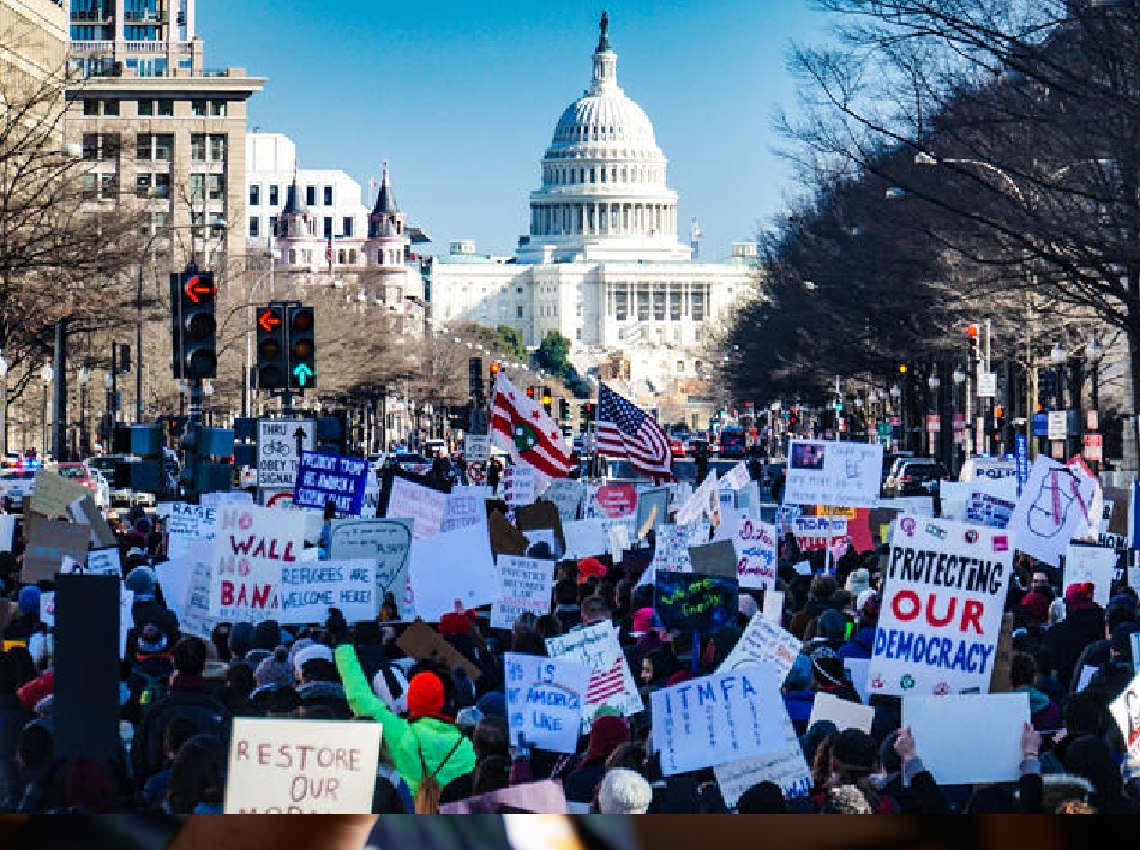Surprising direction of US drug law reform

Choosing the President wasn't the only item on the voting papers during the recent US elections. In several states drug law reform got majority support and is heading off in new directions. Russell Brown pulled this summary together
January 5, 2021 is a big day for cannabis reform in America.
On that day, the voters of Georgia will attend to the last unfinished business of the 2020 US elections – the runoff for their state's two Senate seats. If both of those seats go blue, they will give the Democratic Party the narrowest of margins in the Senate: the casting vote of incoming vice president Kamala Harris. That in turn may open the way for the MORE Act, recently passed by the House of Representatives, to also be approved by the Senate.
The Marijuana Opportunity, Reinvestment, and Expungement Act would end the federal prohibition of cannabis, removing the conflict between state and federal governments and allowing states to set their own rules. It's effectively a replay of the way alcohol prohibition was ended nearly a century ago.
But that's not all, and the clue is in the name. The MORE Act embodies a shift in cannabis reform towards not only changing the legal status of cannabis, but actively addressing the harm done by the war on drugs. If it becomes law, it would require historical cannabis-related criminal convictions be expunged or re-sentenced.
An excise tax would fund programmes to assist former convicts and provide grants and loans for small cannabis business, targeted at communities most affected by prohibition. Federal benefits such as housing assistance could no longer be denied over a cannabis conviction. Even immigration law would be affected.

Kamala Harris speaking at the podium with indistinct listeners in the background - The casting vote of incoming vice president Kamala Harris may open the way for the MORE Act, recently passed by the House of Representatives, to be approved by the Senate. Image: The Circus on SHOWTIME
This shift to "social equity" principles isn't happening in a vacuum. In 2020, voters in Arizona, Montana, New Jersey and South Dakota approved initiatives to legalise adult use of cannabis. Only eight years after Colorado and Washington state opted to legalise adult use, only 15 US states will now wholly prohibit its use and possession for any purpose. And not only are successive jurisdictions moving to cannabis reform, but the rationale for reform itself is evolving.
The ballot measure passed in Arizona, for example, stipulates that from July, people in the state will be able to apply to have minor possession and cultivation offences expunged – and official agencies will have to show "by clear and convincing evidence" why such requests shouldn't be granted. Historically, about 10,000 Arizonans annually have received such convictions and more than 200 are currently imprisoned for possession-only offences. The measure also provides for 26 "social equity" licences to supply cannabis to be granted to "individuals from communities disproportionately impacted by the enforcement of previous marijuana laws."
In New Jersey, where voters overwhelmingly opted to legalise cannabis, legislators have been left to fill in regulatory detail and have responded to pressure to add social equity provisions to a final bill. Although state Senate and Assembly bills have yet to be reconciled, both would direct a portion of sales taxes revenues (70% of them in the Senate's case) into community programmes such as mentoring, tutoring, legal aid and health care. Both versions also provide for the new industry regulator to levy an "optional" Social Equity Excise Fee on growers, which would be spent in non-white communities disproportionately impacted by the years of prohibition.

Black background with logo - cannabis leaf, "New Leaf Illinois - clearing cannabis convictions" - The Illinois New Leaf programme uses a portion of cannabis tax revenue to fund legal help for people applying for expungement.
Meanwhile, in Virginia, which is preparing a bill to legalise cannabis without a referendum, governor Ralph Northam has promised an emphasis on social equity provisions in a forthcoming bill, declaring that cannabis laws “have been based originally in discrimination and undoing these harms means things like social equity licenses, access to capital, community reinvestment and sealing or expunging people’s prior records."
Some argue the stated aims are yet to be realised. In Virginia one commentator argues the state's failure to safeguard the interests of "communities of color" action is required to ensure that "equity and social justice are interwoven with the laws legalising marijuana in Virginia." And Arizona's expungement plans would not touch the state's often brutal approach to even small-scale supply.
Is there a new kind of greenwashing going on in some states? Certainly, not all social equity programmes are equal. The first two states to legalise, Colorado and Washington, have done little to address pre-prohibition inequities and Massachusetts’ plan to ensure cannabis licences go to communities most harmed by the drug war has so far come to little, with only about 1% of licences going to back-owned businesses.
Ohio's plan to award 15% of medical cannabis licences to minority-owned businesses worked exactly as promised – before being struck down in court as unconstitutional. In California, which has also set bold goals, progress on inclusion is patchy and localised, but the big market of Los Angeles city has released detailed criteria for its social equity programme, which include a "good faith effort" to ensure at least half of workers in businesses under the scheme live locally and prioritise those with a prior cannabis conviction.
There's no doubt that at least trying to redress the harms of the drug war is on the agenda in a way it wasn't in 2012."
Michigan, where dispensaries began selling cannabis for adult use a year ago, has a genuinely ambitious programme that aims to grant half of all licences in the communities most harmed by the drug war to applicants of colour, as well as allocating business development funding. (Ironically, it's being hampered by the municipality of Detroit, the state's black capital, opting out of legal cannabis sales.)
Illinois has just announced its New Leaf programme, which hives off a portion of cannabis tax revenue to fund legal help for people applying for expungement. And Massachusetts is seeking to reboot its strategy with new home delivery licences, which, it is hoped, will get around one of the roadblocks for operators from disadvantaged communities – the upfront capital required for bricks-and-mortar retail.
Even if progress is uneven and weighted towards newer rather than established state cannabis markets, there's no doubt that at least trying to redress the harms of the drug war is on the agenda in a way it wasn't in 2012. Last month, the National Association of Cannabis Businesses staged an entire virtual conference on the social equity question and the US cannabis media have increasingly focused on it as an issue for both government and the industry.
In New Zealand – where the burden of prohibition falls disproportionately on young Māori men – those advocating for a yes vote in the cannabis referendum downplayed social equity arguments in favour of legalisation because didn’t play well with many undecided voters. This was even though the Cannabis Legalisation and Control Bill's licensing and market allocation sections clearly recognised the principle. The evidence from the US seems to be that as a new, regulated industry matures, the argument changes away from questions of revenue and public safety – and toward undoing the damage of the drug war.

Protesters in the street marching towards the Whitehouse - Choosing the President wasn't the only item on the voting papers during the recent US elections.
It's now relatively difficult to find an active discussion of public health measures around cannabis legalisation in the US news stream. Perhaps those regulatory issues – which dominated New Zealand's cannabis referendum debate – are now simply regarded as settled in America, where legalisation is a reality rather than an uncertain prospect.
American public seems to be on board with at least the core principles of social equity. A YouGov poll published in the days following the MORE Act passing in the House found nearly seven in 10 Americans – and 57% of Republicans – supported the expungement of cannabis-related convictions for non-violent offenders. The Republican representatives who apparently voted against the MORE Act because they disliked its social equity principles may find themselves out of step with their voters.
When New Zealand returns to the cannabis question, as it inevitably will, this will be the picture in the US and perhaps other territories. A movement towards cannabis reform that began more or less on libertarian lines, then eventually found purchase in promises of new tax revenue to fund schools and hospitals, is increasingly focused on broader issues of justice, inclusion and historical redress.
In that light, Oregon voters' recent approval of an initiative to decriminalise use and possession of all drugs is connected to the state's earlier move to legalise cannabis by more than the weed taxes that will pay for treatment: it's a rational next step.
What the US example may also be showing is that incrementalism can be a viable way forward. Indeed, that legalisation is less an end in itself than the beginning of a process. That could be important for New Zealand, especially if the government does deliver on hints that it will improve last year's police discretion amendment to the Misuse of Drugs Act.
Then-Justice minister Andrew Little rejected expungement as a step too far in developing the cannabis referendum bill. His successors may find that the philosophy it is part of is inseparable from reform itself. Whether the public will need to be convinced of that, or will eventually lead the way, is something for us to find out.
Recent news

Reflections from the 2024 UN Commission on Narcotic Drugs
Executive Director Sarah Helm reflects on this year's global drug conference
What can we learn from Australia’s free naloxone scheme?
As harm reduction advocates in Aotearoa push for better naloxone access, we look for lessons across the ditch.

A new approach to reporting on drug data
We've launched a new tool to help you find the latest drug data and changed how we report throughout the year.

